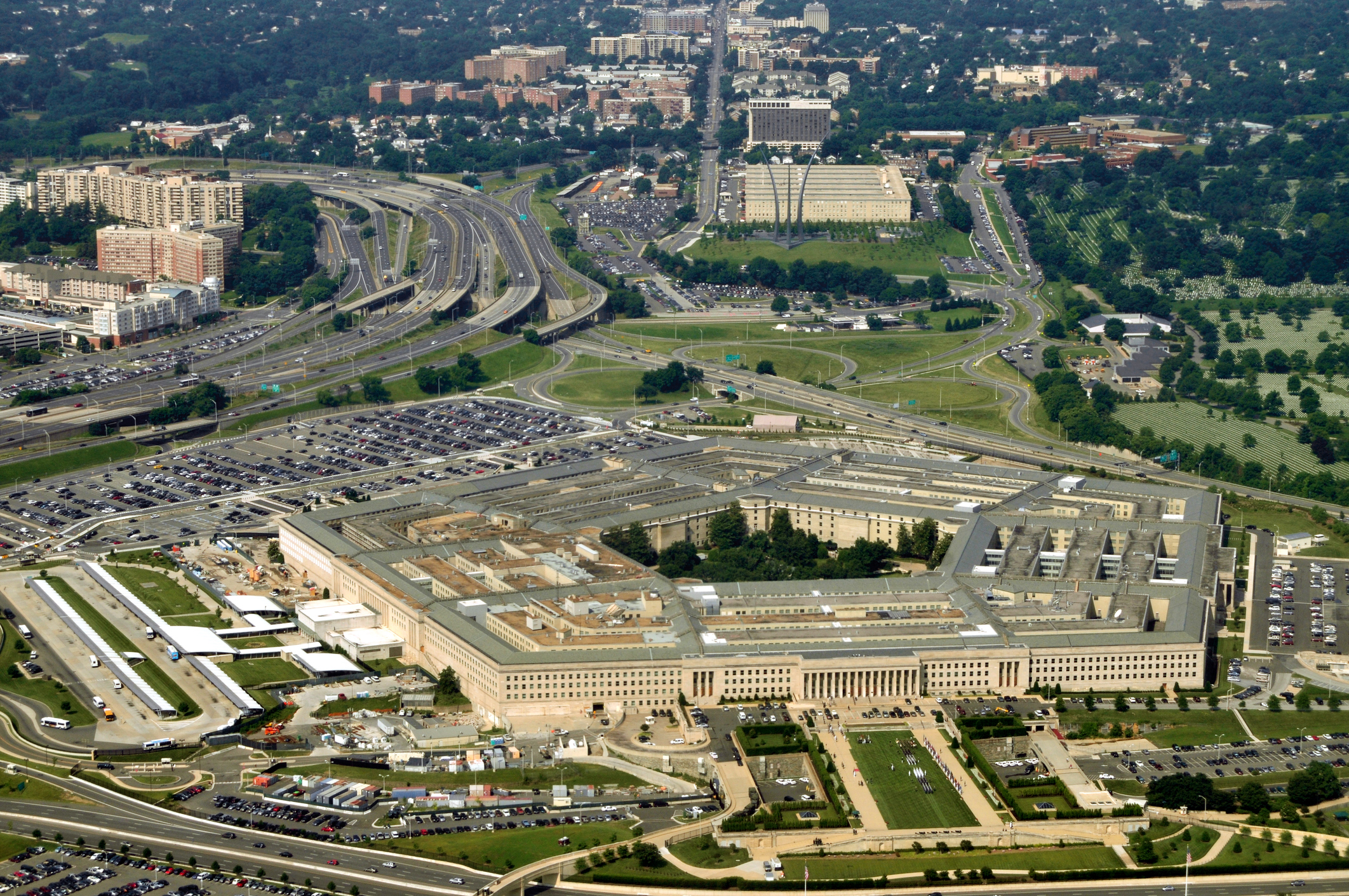For many years, cybersecurity requirements in the defense sector were often seen as a burden for large prime contractors. Small and mid-sized businesses (SMBs) supplying parts, services, or technology to those contractors were rarely expected to meet the same level of scrutiny. That has changed. With the rollout of CMMC 2.0, the Department of Defense’s Cybersecurity Maturity Model Certification, every business in the defense supply chain is now accountable for how it protects sensitive data.
For decision-makers, the question is no longer if CMMC 2.0 applies to your organization, but how soon it will affect your ability to compete for contracts.
What CMMC 2.0 Actually Is
CMMC 2.0 is the DoD’s updated framework for securing both Federal Contract Information (FCI) and Controlled Unclassified Information (CUI). It replaces a system of self-attestation that too often failed to protect sensitive defense data with a tiered certification model requiring proof of compliance.
The framework has three levels:
- Level 1 (Foundational): Designed for companies that only handle FCI. Requires implementation of basic cyber hygiene practices (think access control, antivirus, and patching) and annual self-assessment.
- Level 2 (Advanced): Required for companies that handle CUI. Maps directly to all 110 controls in NIST SP 800-171. Contracts will specify whether a third-party audit (via a C3PAO) is required or if a self-assessment is sufficient.
- Level 3 (Expert): Reserved for the most sensitive programs. Goes beyond NIST 800-171 and requires direct audits by the Defense Industrial Base Cybersecurity Assessment Center (DIBCAC).
The new DFARS rule, effective November 10, 2025, allows CMMC requirements to begin appearing in contracts. A three-year phased rollout will expand coverage until nearly all defense contracts handling FCI or CUI require CMMC compliance.
Why Small Businesses Can’t Ignore It
For SMBs, the impact is significant. Prime contractors are now legally required to flow down compliance obligations to subcontractors. That means even if your business is a tier-two or tier-three supplier, such as a machining shop, a staffing provider, or a managed IT firm, you will still need to demonstrate compliance.
Failure to comply will not just risk penalties; it will likely disqualify your business from new defense contracts and may cause prime contractors to avoid working with you. In a competitive environment, compliance is rapidly becoming a baseline requirement to stay in the supply chain.
Even outside defense, the trend is clear: industries from finance to healthcare increasingly look for partners that can prove compliance with recognized standards. Achieving CMMC alignment positions your business as a trusted partner, opening doors beyond DoD contracting.
Business Risks of Non-Compliance
For decision-makers weighing the cost of implementation, consider the risk profile of inaction:
- Lost Revenue: Non-compliance will mean disqualification from DoD contracts. For many SMBs, even losing a single defense customer could be financially devastating.
- Legal and Regulatory Exposure: Mishandled CUI can lead to False Claims Act liability, contract clawbacks, or suspension from government contracting.
- Reputational Damage: Data breaches involving defense-related information attract media and regulatory attention. Demonstrating CMMC compliance shows diligence to customers and partners.
- Operational Disruption: Breaches aren’t just theoretical—they can halt production, expose customer data, and lead to long recovery times. Compliance reduces this risk.
The Cost of Compliance
Implementing CMMC 2.0 is not just about buying new tools. It requires policies, processes, documentation, and cultural change. Even small businesses with limited IT staff must address:
- Access Controls: Who can see what, and why?
- Asset Management: A complete inventory of systems and data that touch CUI.
- Incident Response: Documented and tested plans for handling breaches.
- Configuration Management: Ensuring systems are patched, hardened, and monitored.
- Vendor Oversight: Third-party providers must also meet compliance expectations.
These investments can feel heavy for SMBs, but the alternative, lost contracts and higher risk exposure, carries far greater cost.
Practical Next Steps for Small Business Leaders
Decision-makers should treat CMMC 2.0 as a board-level priority, not just an IT issue. Steps to take now include:
- Identify Scope: Determine whether your organization handles FCI, CUI, or both. This defines which CMMC level applies.
- Map Data Flows: Document where sensitive information resides, who accesses it, and how it moves across systems and networks.
- Conduct a Pre-Assessment: Engage a qualified provider to identify gaps against NIST SP 800-171 and CMMC requirements. This prevents surprises during an official audit.
- Budget for Remediation: Allocate funds not just for technology, but also for policy development, staff training, and ongoing monitoring.
- Choose Trusted Partners: If you rely on Managed Service Providers (MSPs) or cloud services, ensure they can demonstrate compliance at the level required by your contracts.
Why Acting Early Matters
With the phased rollout, some SMBs may assume they can wait. That is a mistake. Early adopters will have a competitive advantage, demonstrating readiness to primes and contracting officers. Those who wait risk scrambling to close gaps under tight deadlines, often at far higher cost.
How Netizen Can Help with your CMMC Readiness
Meeting the requirements of CMMC 2.0 can feel overwhelming, especially for small and mid-sized businesses that don’t have dedicated compliance teams. Netizen helps bridge that gap by providing CMMC pre-assessments that give your organization a clear picture of where you stand today. Our process identifies gaps against NIST SP 800-171 and CMMC requirements, maps data flows, and delivers a prioritized remediation roadmap so you can address issues before an official audit.
As an ISO 27001, ISO 20000-1, ISO 9001, and CMMI Level III certified Service-Disabled Veteran-Owned Small Business, Netizen combines technical depth with proven compliance expertise. We’ve built a reputation for guiding organizations in government, defense, and commercial sectors through complex regulatory landscapes with practical, actionable recommendations.
If your business is preparing for CMMC, partnering with Netizen ensures you take the right first step. Start the conversation today and approach compliance with confidence.



